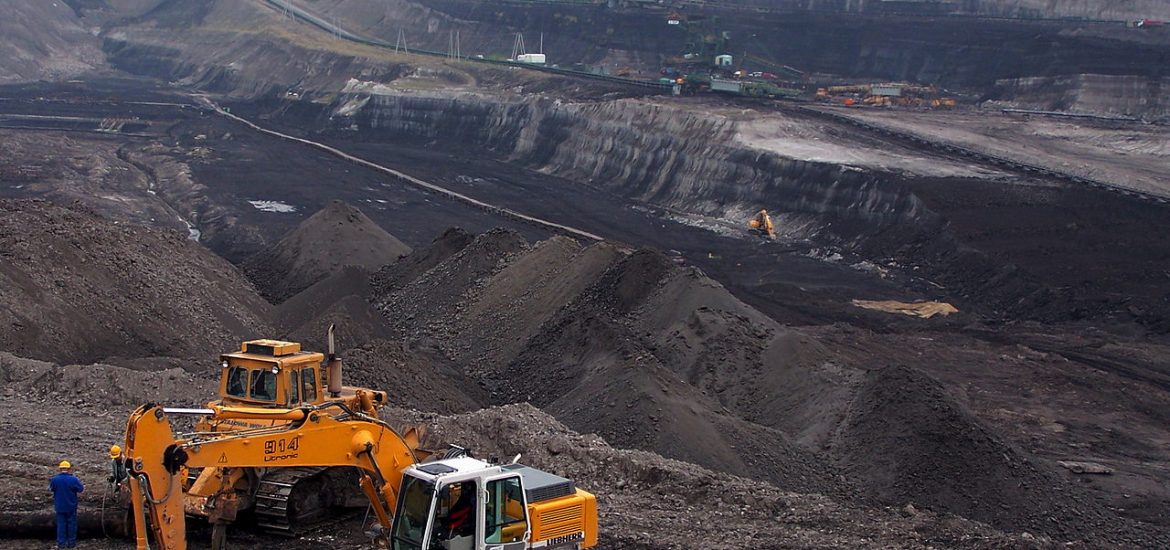
Poland will not meet MEPs’ ambitious target for renewable energy, according to Warsaw’s energy minister Krzysztof Tchorzewski.
Under draft targets approved by the European Parliament this week, renewable energy would make up at least 35 per cent of the EU’s energy use by 2030. The limit now needs to be agreed by EU member states, which proposed a 27-per-cent target in December, and the European Commission.
The European Council’s 27-per-cent renewable goal disappointed environmental campaigners who see it as too little to address climate change.
“For sure for us this would be a very difficult challenge. From the 2030 perspective it will be difficult, if not almost impossible, to meet,” Tchorzewski told the media.
Poland’s nationalist Law and Justice (PiS) government, which has publicly defied Brussels over changes to its judicial system and immigration policy, sees renewable energy as unstable and a threat to the Central European country’s coal-reliant industry.
Coal dependency is a legacy of Cold-War occupation, when Poland became one of Europe’s heaviest polluters.
Warsaw has imposed regulations slowing down investment in onshore windfarms.
In order to lower carbon emissions, Tchorzewski has offered to build a nuclear power station.
Poland needed to invest in a zero-emission energy source to balance out coal use, which Poland wanted to continue using as its main source of energy, the minister said.
The European Parliament’s 35-per-cent target was intended to coax member states into subsidising green sources to meet the 2015 Paris climate agreement goals and was not to encourage governments to pursue nuclear power.
He said that the financing for the nuclear plant was almost complete.
“Poland will build a nuclear plant – it is my view and I do uphold it. We are quite close to creating a financial model,” the energy minister said.
In early September, Tchorzewski told Polish Press Agency that the construction of three nuclear power reactors by 2040 would cost around 75 billion zloty (US$22 billion). The first plant could be launched by 2030 if the decision to pursue the project was made immediately, he said.
“I hope that the construction of the first unit will start during my stay at the ministry,” he told the media.
Tchorzewski said he hoped construction would start while he was “still at the ministry”.
The nuclear scheme still needs approval from the populist PiS administration, which is expected later this year.
An energy ministry survey reportedly claimed that 59 per cent of the respondents supported the nuclear project, with 35 per cent in opposition.
A lignite mine at Turów in Poland. Picture credit: Wikimedia





